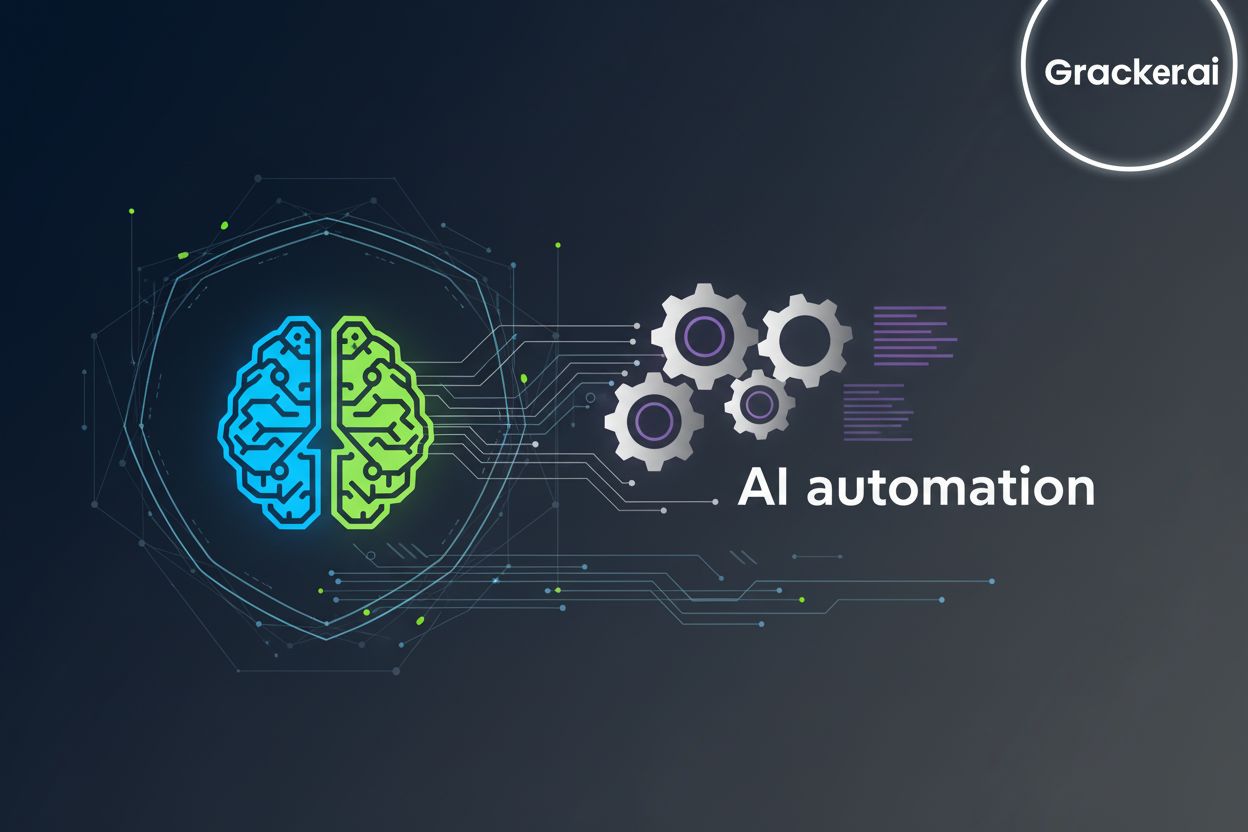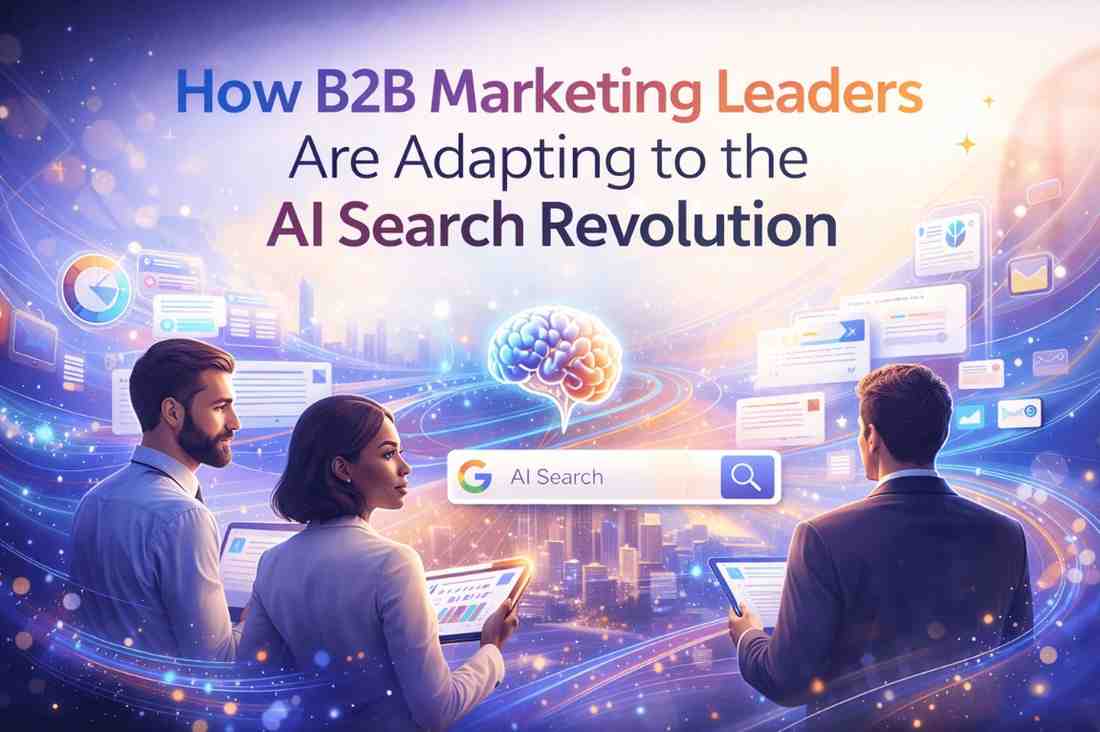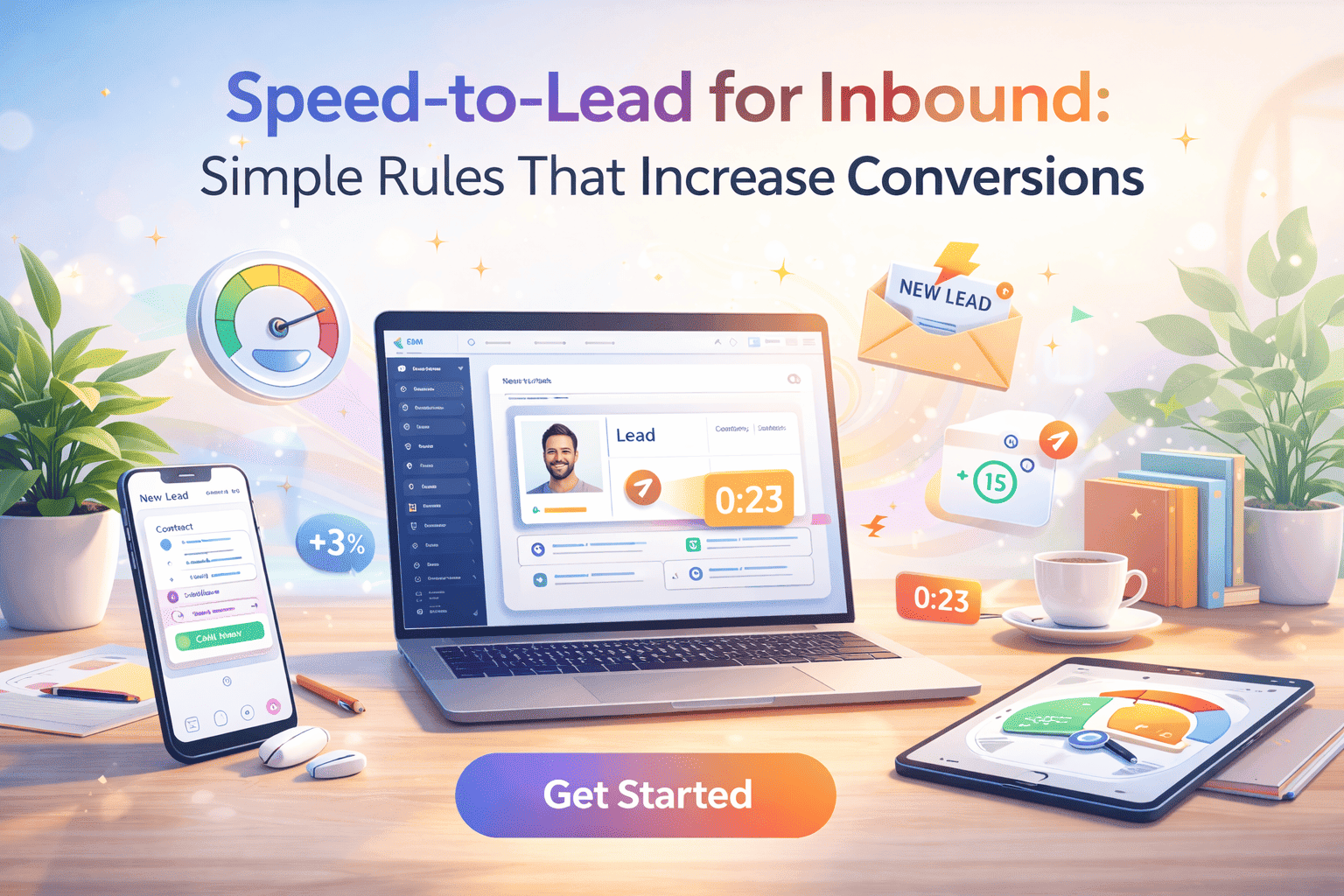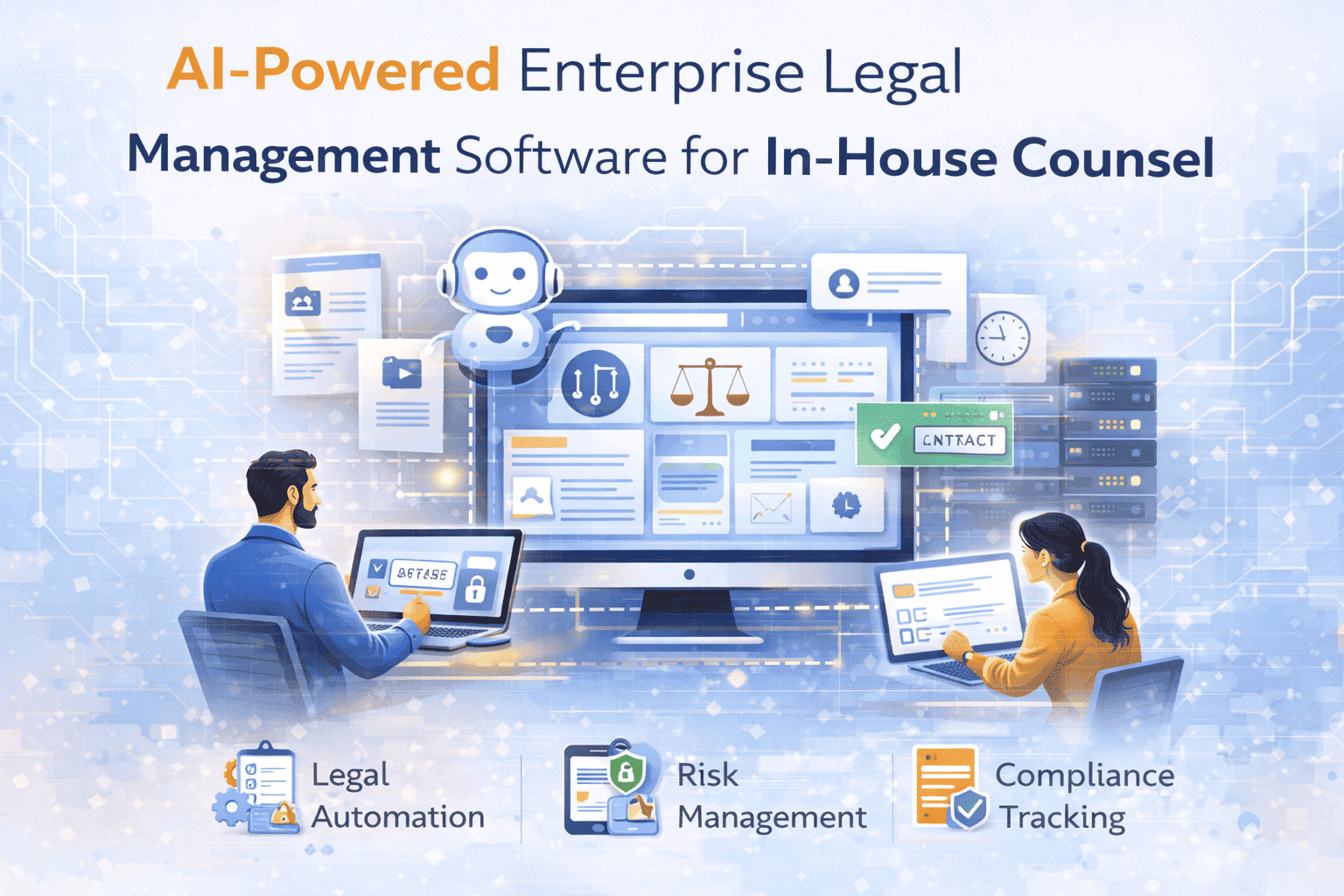Future-Proofing Cybersecurity Marketing with AI and Automation

Lead generation in the cybersecurity sector is more complicated than in e-commerce or SaaS. The audience is smaller, more skeptical, and far more technically aware.
Decision-makers here are typically CISOs, IT directors, and compliance officers, so there is little chance they will blindly believe an ad and become clients the moment they see you. Those people tend to double-check and verify a brand's credibility before even engaging with it.
It creates a paradox: you are expected to drive quick, consistent conversions in a market full of people who view every ad with high suspicion. Add to that the industry’s complex product language, long sales cycles, and high lead costs, and it becomes clear why marketers call cybersecurity one of the most complicated niches.
That’s why many professionals begin to use AI marketing automation tools to simplify the lead generation process. So, today, we’ll examine how modern marketing solutions can help you streamline your job and make your campaigns more efficient, targeted, and resilient in the long run.
How AI Automation Improves Lead Generation: 5 Examples Of AI Marketing Automation
While digital marketing automation has long become a standard practice, marketers are only beginning to explore the capabilities of artificial intelligence (AI). For a long time, cybersecurity professionals have been skeptical about this technology. If a campaign used visuals or copy that looked even slightly “AI-made,” it often had the opposite effect, reducing credibility rather than boosting engagement.
That’s why modern marketers in security and tech have taken a smarter approach. Instead of using generative tools to make pictures or voiceover videos, they use AI in digital marketing to simplify “behind the scenes” work through predictive analytics, campaign optimization, and fraud prevention.
Instead of relying solely on manual data entry, guesswork, and delayed follow-ups, marketers use smart systems that analyze customer behavior in real time and automate the next best step.
Smart Lead Qualification
AI marketing automation tools analyze dozens of signals in real time, including session duration, click behavior, and intent modeling data. However, the most advanced services are going even further by incorporating an IP fraud score tool.
This tool assesses the likelihood that an engagement or lead is fraudulent based on IP reputation, location, user behavior, etc. By flagging anomalies early, you prevent wasted ad spend and keep the sales team focused on genuine prospects.
For cybersecurity companies, every lead counts. IP score acts as a filter, letting only genuine prospects through and preventing potentially fraudulent traffic from inflating your metrics or draining your budget.
Predictive Insights
Even though predictive tools existed long before artificial intelligence, modern technologies have taken their accuracy to a new level. Just a few years ago, lead generation software provided you with data that you had to interpret on your own. Now, AI marketing tools identify even the subtlest patterns and correlations, while giving you useful insights to implement immediately.
Such solutions have become a lifesaver for busy marketers, as people may become exhausted after a long day and overlook crucial details. Meanwhile, AI marketing automation tools never get tired, so they are always ready to provide valuable insights that help you improve lead generation.
Dynamic Call Tracking
Many cybersecurity products are complex, so decision-makers often schedule consultations or call vendors to see if a solution fits their internal workflows. Calls remain a key touchpoint for prospects. Thus, you need to understand which campaign gives you the highest ROI.
Dynamic call tracking makes this possible by giving each campaign, partner, or even ad its own unique phone number. That way, you can clearly identify which source delivers the highest-quality leads. While this approach helps all businesses that rely on phone communication, it is particularly valuable for those who depend on pay-per-call campaigns.
By giving a specific number to each affiliate with such AI marketing automation, you can track exactly how many calls each partner generates, measure call quality, and see which campaigns produce the highest ROI. This granular visibility enables you to reward top-performing publishers, identify areas for improvement, and make data-driven decisions for future campaigns.
Content Creation
Cybersecurity experts notice AI-made content immediately, since a robotic voiceover, glitchy video, or uncanny illustration exposes its synthetic origin. But you can still use AI to streamline content creation. Just ensure it acts as a copilot while your marketing team is the actual content creator.
AI-powered services can organize your scattered notes or turn rough research into a draft you can actually work with. Tools like ChatGPT or Perplexity can be a “brainstorming assistant,” since you can share your thoughts and ask those services to clarify them. Later, you can use it as the draft for your post or scenario. Once you have the final text, Grammarly can catch the small grammar slips, while QuillBot and Copyleaks make sure your text doesn’t sound robotic.
Since cybersecurity experts can easily distinguish AI-made pictures and videos, it’s risky to use them in your campaigns. However, DALL·E or Sora is a great tool for creating quick references or drafts, giving your designers a starting point for producing high-quality, human-crafted content.
Paid Ads Optimization
Paid campaigns remain one of the most reliable ways to generate leads, even in industries with such cautious prospects as cybersecurity. But let’s be real, keeping track of even one paid ad campaign can be exhausting, so what to say about situations where you need to deal with dozens of campaigns simultaneously?
With AI marketing automation, your team spends less time on manual adjustments and more on high-value tasks. The system identifies which ads and audiences perform best, then tweaks bids and targeting without any human intervention.
Final Thoughts
The cybersecurity marketing leaves no room for guesswork. Every campaign, message, and call should be perfectly tailored for a specific audience while demonstrating that your company is a leader in the niche.
While decision-makers in the cybersecurity niche don’t like content that is clearly made with AI, you can leverage this technology to support your research, organize scattered ideas, and streamline the drafting process. Predictive analytics, IP fraud scoring, and dynamic call tracking are crucial tools for a modern marketer. They shoulder most of the burden, analyzing vast amounts of data at any point of the day or night.
Ultimately, the key to successful cybersecurity marketing is to balance technology with human touch. AI-powered tools can analyze data and provide actionable recommendations, but your team’s expertise is crucial in showcasing you as a trustworthy business.





